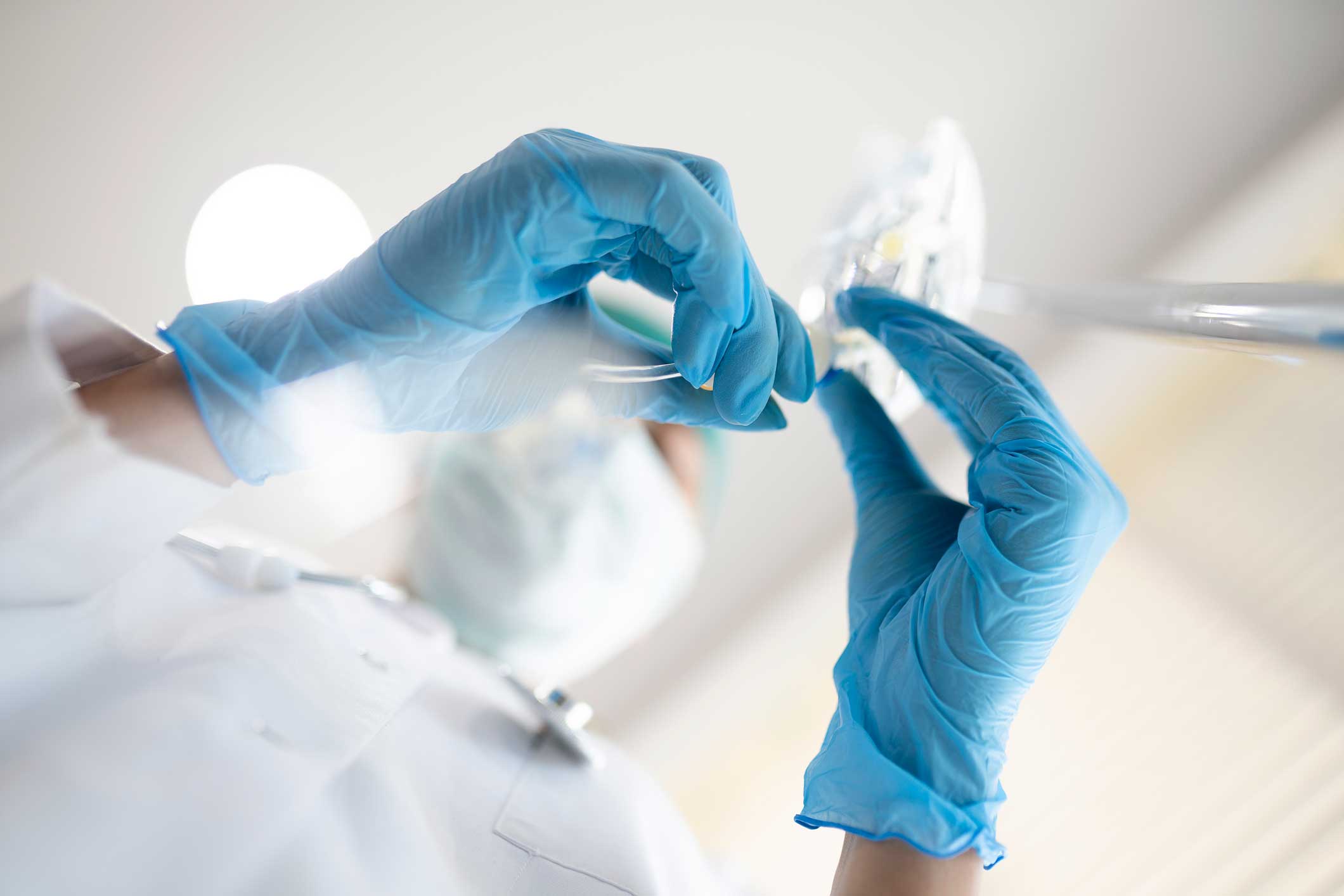If you have a heart condition or are experiencing symptoms related to your heart, your doctor may recommend a cardiac catheterization. While you may feel anxious about what to expect, a heart catheterization is a low-risk procedure that can tell your medical team a lot about your heart’s health. Cardiac catheterization is an essential diagnostic tool used at WMCHealth to help detect heart conditions and create personalized treatment plans. Our providers throughout the Hudson Valley are highly skilled in cardiac care and ready to help you get the answers you need.

What Is Cardiac Catheterization?
Cardiac catheterization is a diagnostic imaging procedure in which a catheter, or tiny tube, is inserted into a blood vessel in the arm or groin. It is then threaded into the aorta and heart. Once the catheter is in place, doctors can perform a variety of tests to diagnose heart issues.
When Is Cardiac Catheterization Needed?
You may have a cardiac catheterization procedure performed for a few reasons. Your doctor may recommend a cardiac catheterization if you have the following symptoms:
- Dizziness
- Chest pain
- Extreme tiredness
- Shortness of breath
- Abnormal heart rhythm
Your cardiologist may also recommend a catheterization for one of the following reasons if you have had a heart attack or other heart problem:
- Check blood flow, oxygen and pressure within the heart
- Evaluate for coronary artery disease, valve disease, or heart muscle function
- Perform a biopsy (taking a tiny piece of muscle from the heart to test it)
- Place a stent to open a blockage
- Determine the need for a heart transplant
Are There Risks with Cardiac Catheterization?
Cardiac catheterization is a low-risk procedure. However, as with any medical procedure, complications can occur. Some minor risks include:
- Infection
- Bruises at the catheter insertion site
- Skin reactions from X-ray exposure
- Allergic reaction to medication during the procedure
In rare cases, major complications may occur, such as:
- Stroke
- Heart attack
- Kidney failure
- Damage to coronary artery or blood vessels
How to Prepare for the Test
Cardiac catheterizations are performed at a number of WMCHealth locations, so you can find a provider and location that’s convenient. Your healthcare team will explain the procedure and share instructions about what you can and can’t eat and drink 24 hours before the test. Make sure to inform them of the following:
- If you think you might be pregnant
- All the medications you are taking, including prescriptions, vitamins, herbs, and over-the-counter medications
- Any allergies you have, especially to medications
Come to your appointment with a friend or family member so someone can drive you home afterwards.
What to Expect During a Cardiac Catheterization
To prepare for the procedure, expect to have electrodes placed on your chest so the medical team can monitor your heart. The area will be numbed. You may also receive a sedative to relax, but you’ll be conscious during the procedure.
During the catheterization, your doctor will:
- Insert the catheter: The doctor inserts a small hollow tube. You may feel pressure but should not feel any pain.
- Position the catheter: The catheter is fed through the area to be tested. You may be asked to turn your head or hold your breath for a few seconds.
- Inject contrast material: A small amount of dye is injected into your arteries to outline the heart’s vessels, valves, and chambers.
- Perform imaging: The team X-rays the area for further examination.
- Catheter removal: The catheter and insertion tube are carefully removed.
After the procedure, drink plenty of liquids and talk to your doctor about follow-up care. In many cases, cardiac catheterization is an outpatient procedure. However, your care team may recommend that you stay the night.
